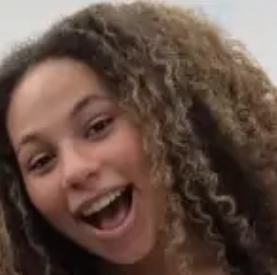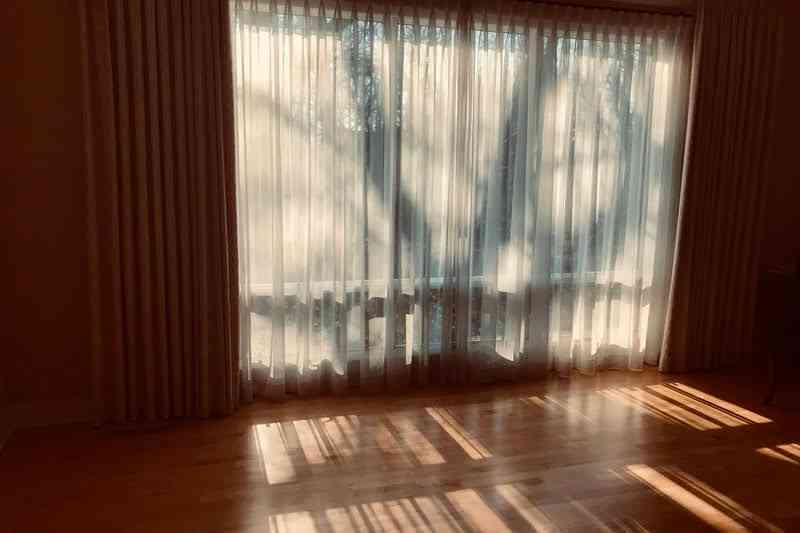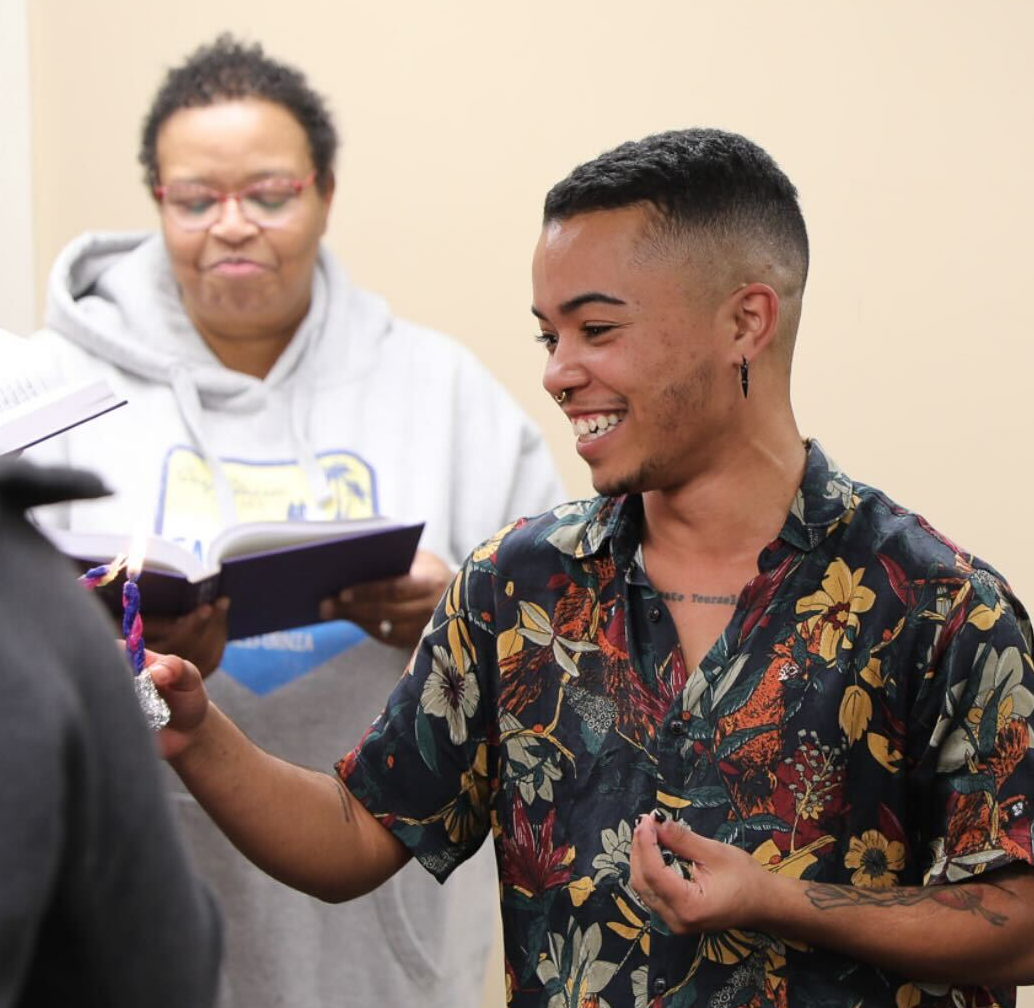At the time of my bat mitzvah, my party felt like a collision of all the different parts of my identity. It did not feel like a celebration or a coming of age. I was too young to take a step back and appreciate the beauty of the supernova. I was intoxicated by the excited energy of the external manifestations of my tweenage anxieties. The shaky, high-pitched sound of my voice singing my haftarah portion still haunts me. The image of my shiny face, pink cheeks, and bright colored braces made me feel nauseous.
I was so focused on the homogenous opinions of my wealthy, judgmental, white figure-skating teammates, who all had duplicates of the same monotonous bat mitzvah parties, that I couldn’t appreciate the beauty of my unconventional coming-of-age celebration.
As a little kid, I would observe the kids that all dressed in matching, conservative clothing, and be in disbelief that I was part of their same religion. When I grew older and more intrigued by the idea of being Jewish, I was always offended when Hasids would go around with a lulav and an etrov, asking people if they were Jewish, but would never ask me.
In predominantly white and Jewish spaces, I was ignored, ostracized, tokenized, discriminated against, othered. There was a disconnect between the lifestyles of my Jewish peers and my own due to cultural differences and the disparity of our socioeconomic status. My experience with Jewish kids was tainted by being a competitive figure skater, where I was pressured to assimilate to elite, white culture. No amount of code switching, flat ironing, or whitewashing could conceal my Black identity because it is shown on our skin, in our hair, in our physical bodies. I could not fit in with Jewish people, and I did not want to fit in with them. I couldn’t accept that I was part of their same religion because that would mean that we are a part of the same community. And that was not possible. There was no way that I was in any way similar or connected to the girls that were so immature and mean, so privileged and ignorant, so spoiled and bratty, so wealthy and white.
My hatred of Judaism, and all Jewish and all white people, grew the older I got and the more times I faced microagressions and discrimination. I began to reject all of it, my Jewish family, my white and Jewish peers, Jewish holidays, religious traditions and practices. I hated my Jewish uncle who told me he hates Arabs. I hated Israel for being the nation that stole land from people of color. I hated Europeans for gifting that stolen land to displaced Jews. I felt rage about the racial injustice caused by colonialism, and the disparity in what Jews were given after the Holocaust versus what Black people were robbed of after slavery. I hated all of it.
I felt like Jewish people were not my people, I did not like them, and they did not like me. Synagogue was a welcoming, safe environment for them, not me. The stories from the Torah that we learned in Hebrew School were a reflection of them, not me. Bat mitzvahs were a coming-of-age celebration for them, not me. For me, a bat mitzvah was just something I had to do so that I could never step foot in a synagogue or Hebrew School ever again. It has been hard for me to find the connection between my identity and my culture because it has been a challenge to own my Judaism and own my Blackness simultaneously. I did not feel like I had space to define my own cultural identity, rather I was confined in a box made out of other people’s perceptions of me.
Now, I have not only a newfound appreciation for the Jewish religion, but I now see the nuance in all religions. Yes, there is bad, there are bad people of all religions. And there is greed and abuse and violence and war and misogyny and hate and terrorism and injustice. YES! People suck, and people do terrible things to one another and Mother Earth. BUT, there is also good in people and good in religion and positive things that churches and synagogues contribute to their communities. And religion is not only a place for bad people to make excuses for their bad actions and feel self-righteous and claim morality in the name of God. It is also a place where people get to come together with their community, better themselves, make connections with spirituality and other people, and celebrate beautiful parts of life.
I feel like it is my responsibility to wear these two parts of my identity proudly, and unite Black and Jewish people through conversations about religious war, colonialism, white supremacy, racial justice, human rights, and other issues that are important to me. To engage in these meaningful conversations, it is important for individuals to bring their full selves to the space. To model this, I am very honest about my experience with race in Jewish spaces. These experiences have shaped my racial and cultural identity, and influence the way I interact with people. I am also honest about the biases I have because of these experiences. As a college student, I am learning how to own my “I” perspective in class conversations and my essays. As a Black woman, I often feel inclined to make contextual arguments to justify myself because my identity feels under threat. I am learning from my Freshman Seminar professor that my “I” perspective is sufficient. I am slowly but surely internalizing this truth by accepting that my experiences and identity are enough, and I can be unapologetic about my perspective
Originally published on jGirls+ Magazine, November 2022.






